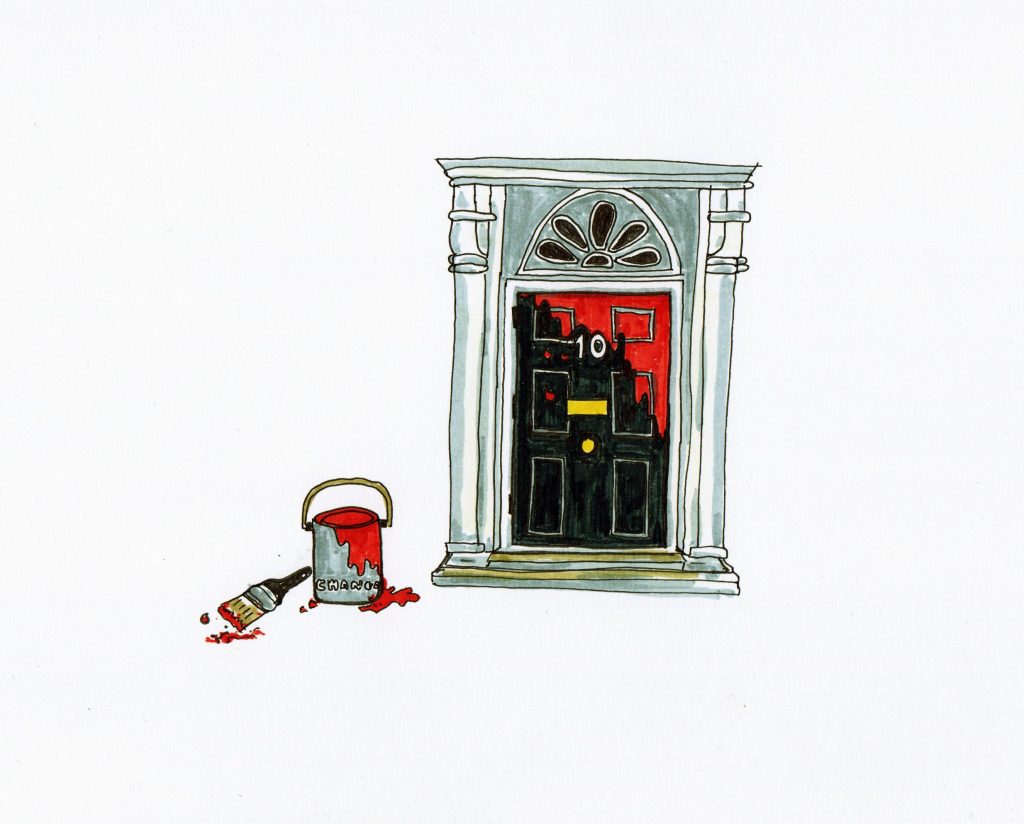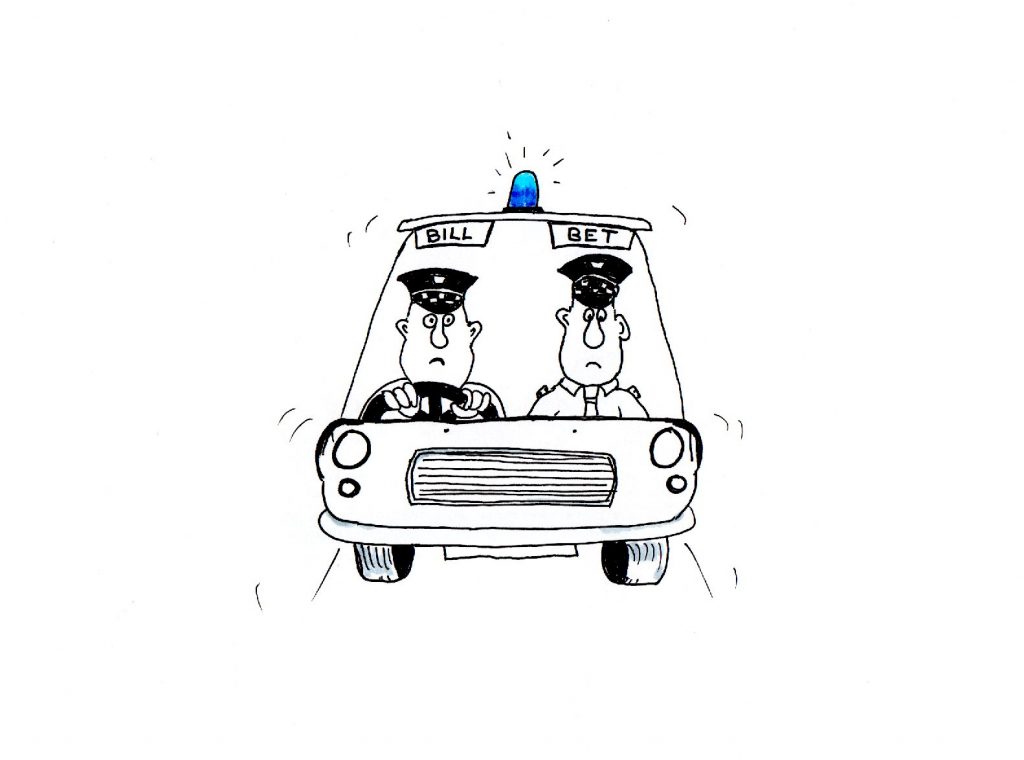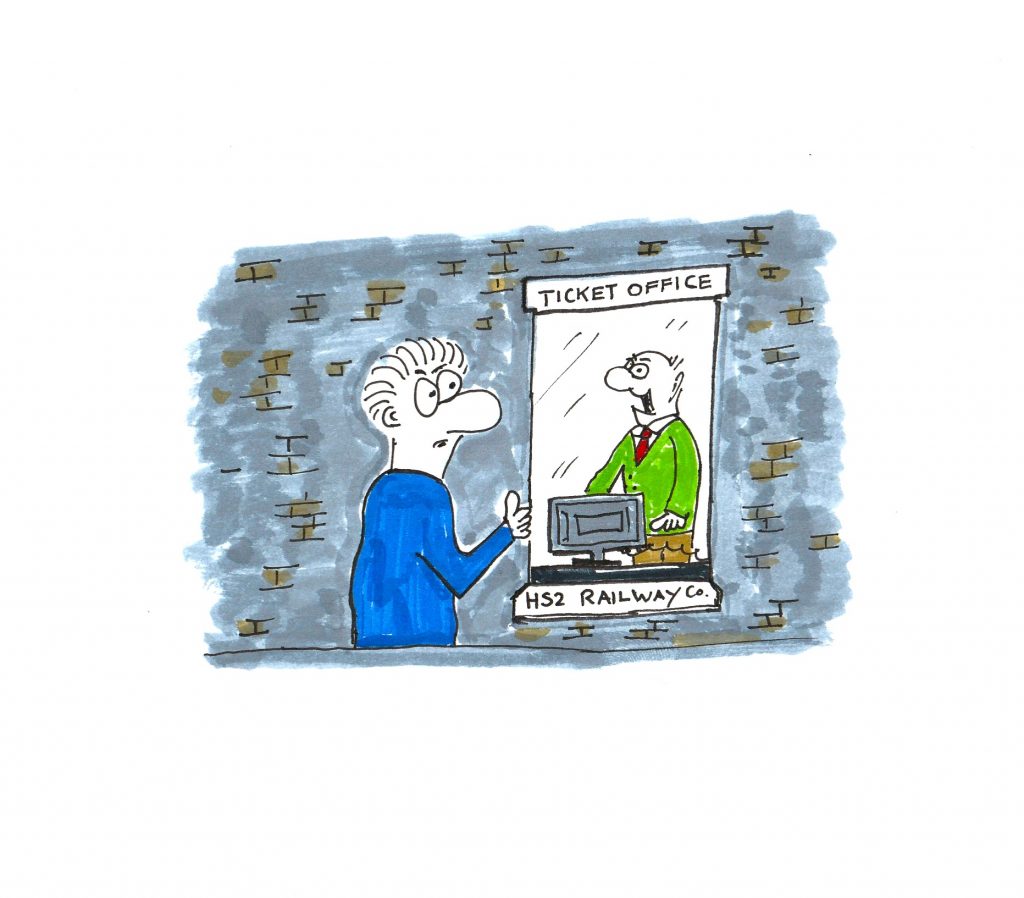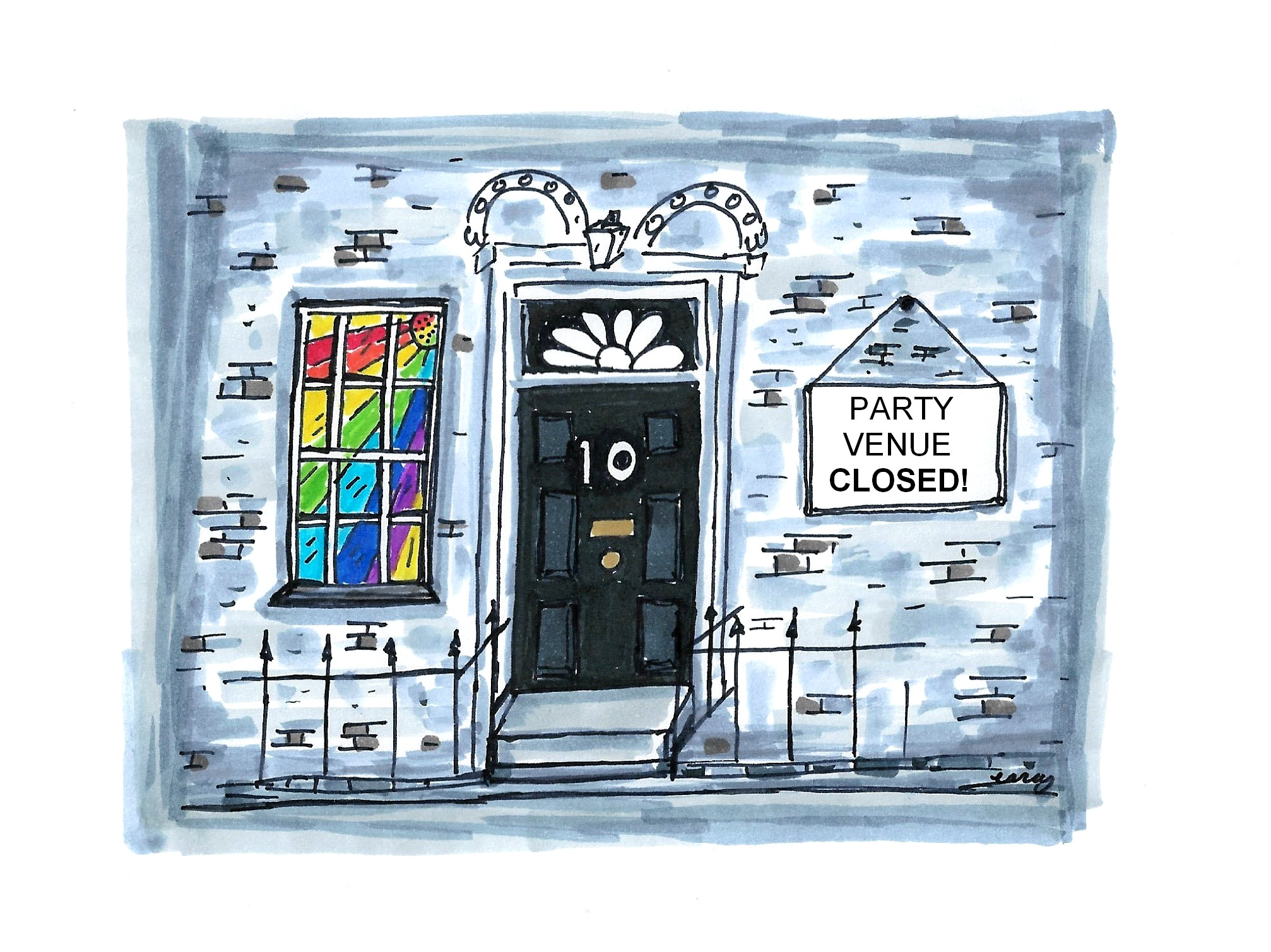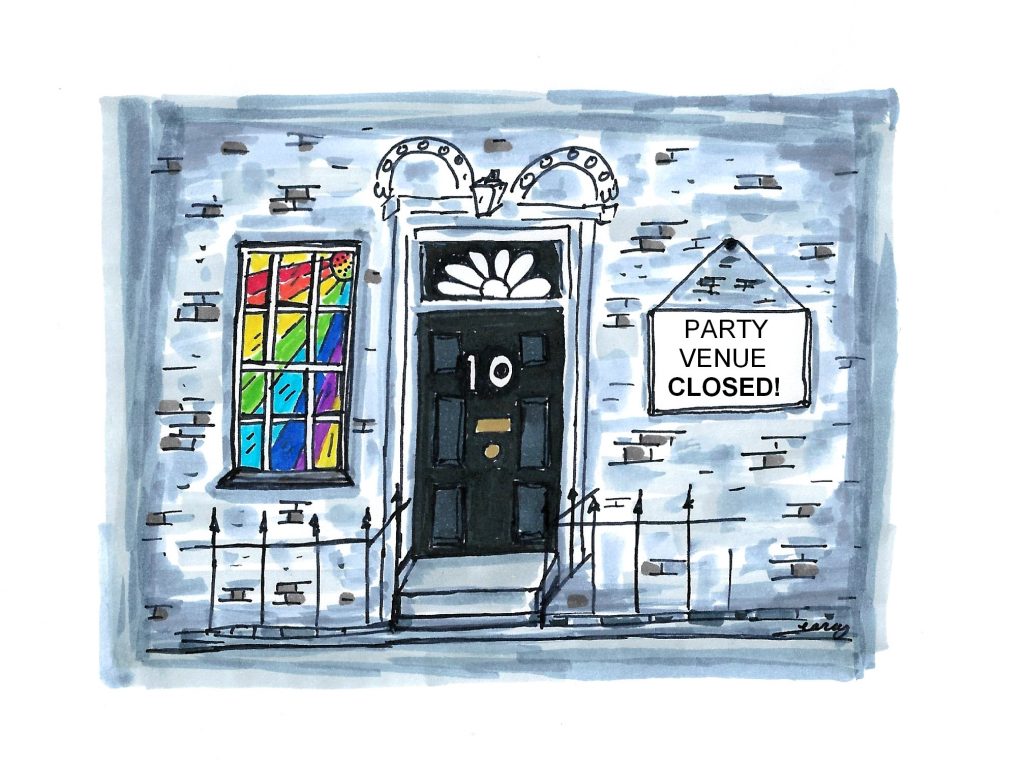CrowdStrike issue causes major outage affecting thousands of businesses around the world
The irony
It has been widely reported that an ‘update‘ by ‘cybersecurity‘ firm CrowdStrike led to a major IT outage on Friday 19th July 2024, impacting businesses around the world. Microsoft systems have been badly affected.
CrowdStrike statement
“The issue has been identified, isolated and a fix has been deployed,” CEO George Kurtz said in a statement on X. But not before untold havoc was caused across the globe.
Blue screen of death
The comments came after widespread reports of technical issues, with many Microsoft users around the world facing an error screen known as the ‘blue screen of death.’

Biggest IT fail ever – Elon Musk
Elon Musk on X called it the ‘Biggest IT fail ever’.
Problems
Reports flooded in all day from around the world of systems and businesses impacted by the issue.
Without going into individual failings, here are some of the areas impacted by this problem.
NHS and GP practices in the UK, airport delays, flight cancellations, SKY TV off air, Microsoft system failures, VISA issues, Sainsbury’s and Morrissons supermarket card payments down, banks hit, Lloyds, Tesco, airlines in U.S., Germany, Canada, Italy, India and around the globe. UK Rail payment systems down and trains cancelled, New York Metro train issues, schools, betting firms hit, finance, pharmacies, payrolls and even the Paris Olympic system too.
Interconnected frailty
I think you get the picture. This is by no means an exhaustive list – but it aptly demonstrates the severity of this failed system update and how interconnected our world has become.
Crowdstrike says global IT issues caused by ‘defect’ in ‘content update’
Here’s the full statement from George Kurtz, the CEO of Crowdstrike
“Crowdstrike is actively working with customers impacted by a defect found in a single content update for Windows hosts.
“Mac and Linux hosts are not impacted. This is not a security incident or cyberattack.
“The issue has been identified, isolated and a fix has been deployed.
“We refer customers to the support portal for the latest updates and will continue to provide complete and continuous updates on our website.
“We further recommend organisations ensure they’re communicating with Crowdstrike representatives through official channels.
“Our team is fully mobilised to ensure the security and stability of Crowdstrike customers.”
Who and what is Crowdstrike?
CrowdStrike is a cybersecurity firm established in 2011, dedicated to protecting major corporations and their hardware from cyber threats and vulnerabilities.
The company specializes in endpoint security, striving to block malicious software and files from compromising corporate networks via connecting devices like phones and laptops.
Additionally, CrowdStrike focuses on securing the data of businesses that have transitioned from hosting it on-premises to utilizing cloud-based services.
Should we worry?
As our world becomes over interconnected and closely Intergrated, should we be concerned about a handful of powerful companies dictating the tech world we live in?
I believe we should be concerned. This was just a routine upgrade and the company let us down.
I used to run my own IT business and upgrades and system improvements were a big part of my then tech life, so I have a pretty good understanding of these issues, especially performing a system upgrade.
Preparation is key. Sometimes things go wrong – the unforeseen. But you must quickly overcome the problem with a ‘backup’ contingency plan.
Others are depending on YOU!
My mantra then and it is still the same now: BACKUP! BACKUP! BACKUP!
You have to get these this right – but CrowdStrike didn’t!
It will happen again!







